Exploring multiparty computation’s role in the future of blockchain privacy

Multiparty computation technology can solve data security and privacy issues by processing encrypted data.


Partisia Blockchain introduces a Web3 solution emphasizing trust, transparency and privacy through multiparty computation (MPC) technology. The platform listed its MPC token on prominent exchanges.
In the digital era, every click, search and interaction people make online contributes to the vast data trail they leave behind, crafting their “digital shadows.” While reflecting their digital personas, these shadows raise critical concerns about privacy and data security, with 77% of over 2,000 surveyed consumers “very or somewhat concerned” about data privacy and security in their everyday lives.
In professional settings, sharing sensitive information without compromising security is a formidable challenge. Current solutions, including legislation and security software, offer protection but present vulnerabilities as potential single points of failure.
When these defenses falter, it can lead to significant data breaches, highlighting a crucial gap in our quest for secure and efficient information exchange in the digital economy.
Multiparty computation for data security
Partisia Blockchain, a Web3 public blockchain built for trust, transparency, privacy and sub-second finalization time, announced the listing of its MPC token on multiple exchanges, marking a crucial milestone for its ecosystem.
The MPC token derives its name and fundamental principles from multiparty computation technology, a concept pioneered in 1988 by Professor Ivan Damgård, one of Partisia Blockchain’s co-founders. The technology maintains data encryption across all states, ensuring the protection of underlying information and enhancing user control over their data.
At its core, the MPC token functions as the cornerstone of the Partisia Blockchain’s security mechanism. The token is staked to all nodes within the network, ensuring the ecosystem’s integrity and reliability. Partisia Blockchain’s approach to collateralization aims to set a new standard for blockchain security and foster trust and reliability in every transaction conducted on the platform.
Kurt Nielsen, president of the Partisia Blockchain, emphasized the MPC token’s simultaneous listing on multiple exchanges for the blockchain technology landscape, adding:
“We are excited to expand the accessibility of the MPC token to a broader audience of contributors, developers and enthusiasts, thereby unlocking new opportunities for growth and innovation within the Partisia Blockchain ecosystem.”
Balancing privacy and efficiency in blockchain
The platform leverages a unique blend of cryptographic techniques and distributed computing principles. Partisia Blockchain’s goal is to strike a balance between privacy preservation and operational efficiency by combining MPC technology, innovative tokenomics and a scalable blockchain architecture.
The public blockchain’s method facilitates confidential transactions by keeping sensitive information encrypted during the entire process — a feature that has drawn attention for its potential applications in sectors such as finance and healthcare. Additionally, Partisia Blockchain boasts a scalable infrastructure that supports high transaction volumes, positioning it as a viable platform for decentralized applications across various real-world scenarios.
Through the implementation of True Sharding — a horizontal scaling technique unique to the blockchain industry, Partisia Blockchain enhances scalability, a crucial factor for accommodating growing numbers of transactions and users.
Partisia Blockchain introduced the “bring your own coin” framework, enabling transaction fees to be payable using other liquid tokens, and launched jurisdiction management features for regulatory compliance. It has also presented the Partisia Blockchain Browser and flexible staking rules to improve token and node management.
The platform’s MPC technology has been applied to create a privacy-based voting system, which was showcased during the Paris Blockchain Week Awards 2023. Additionally, Partisia Blockchain integrated with MetaMask Snaps, a feature allowing users to add functionality to their MetaMask wallets. It also partnered with HES-SO Valais-Wallis, a university in Switzerland, to develop a decentralized e-ID system.
Partisia Blockchain continues its Grants Program to foster innovation within the blockchain sector. The program has already distributed over 2 million MPC tokens, equivalent to approximately $1 million, to innovative projects in the field.

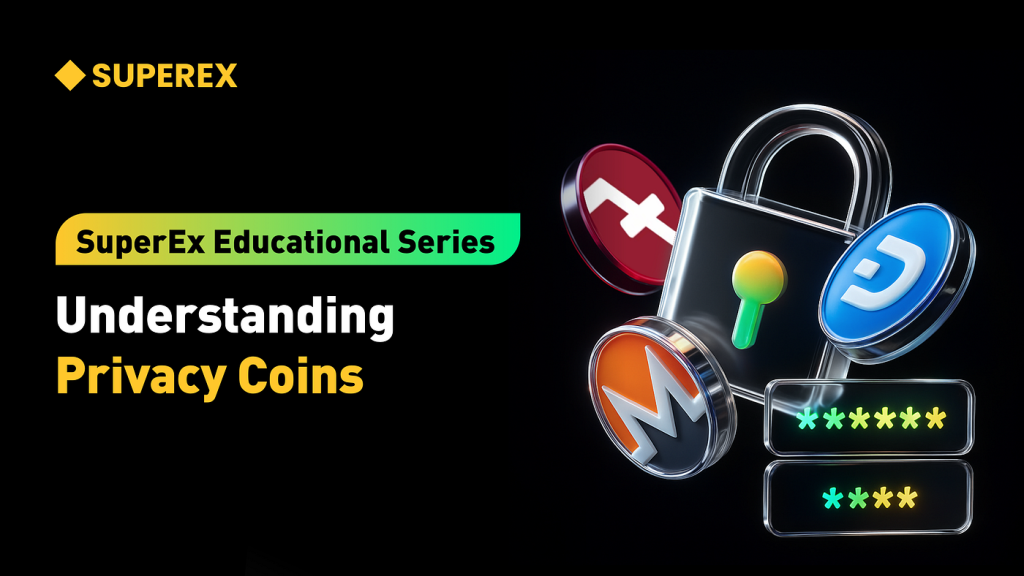
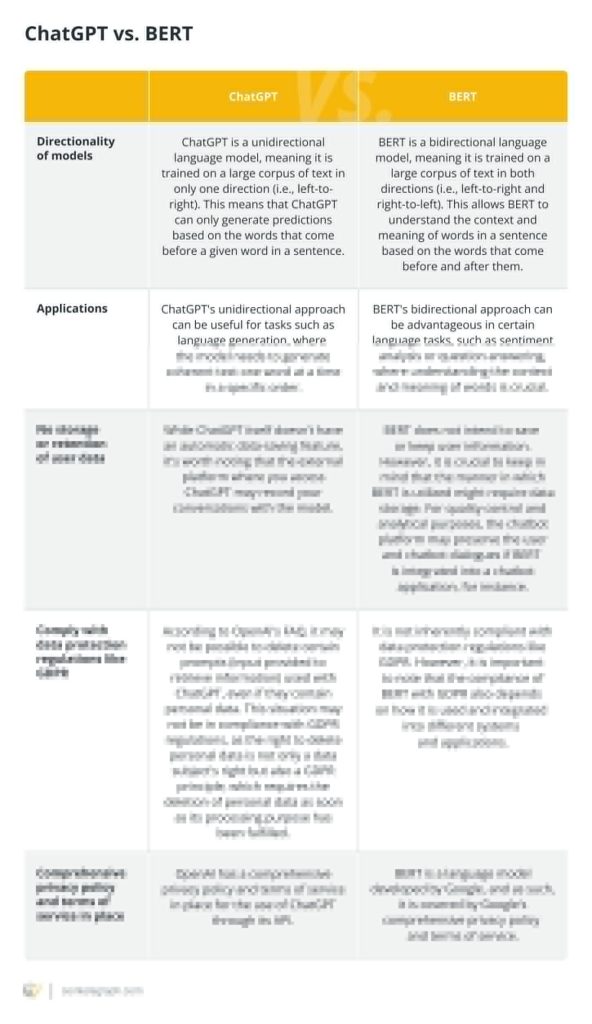
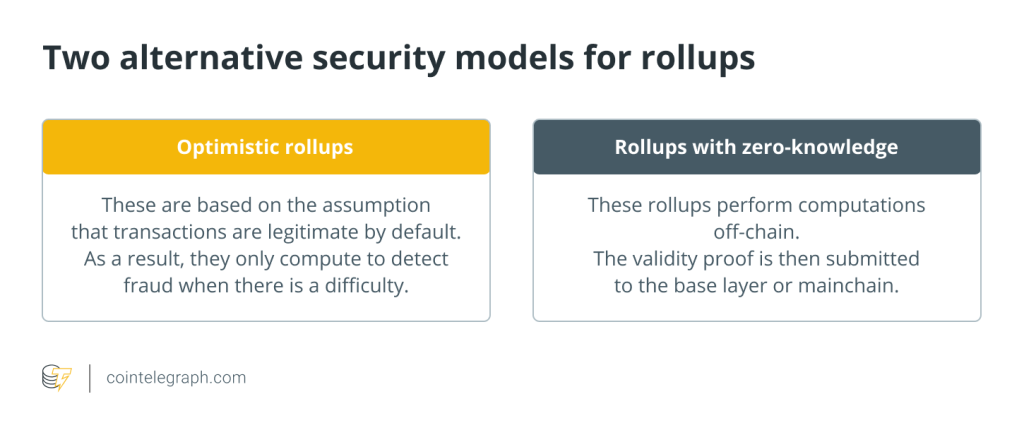
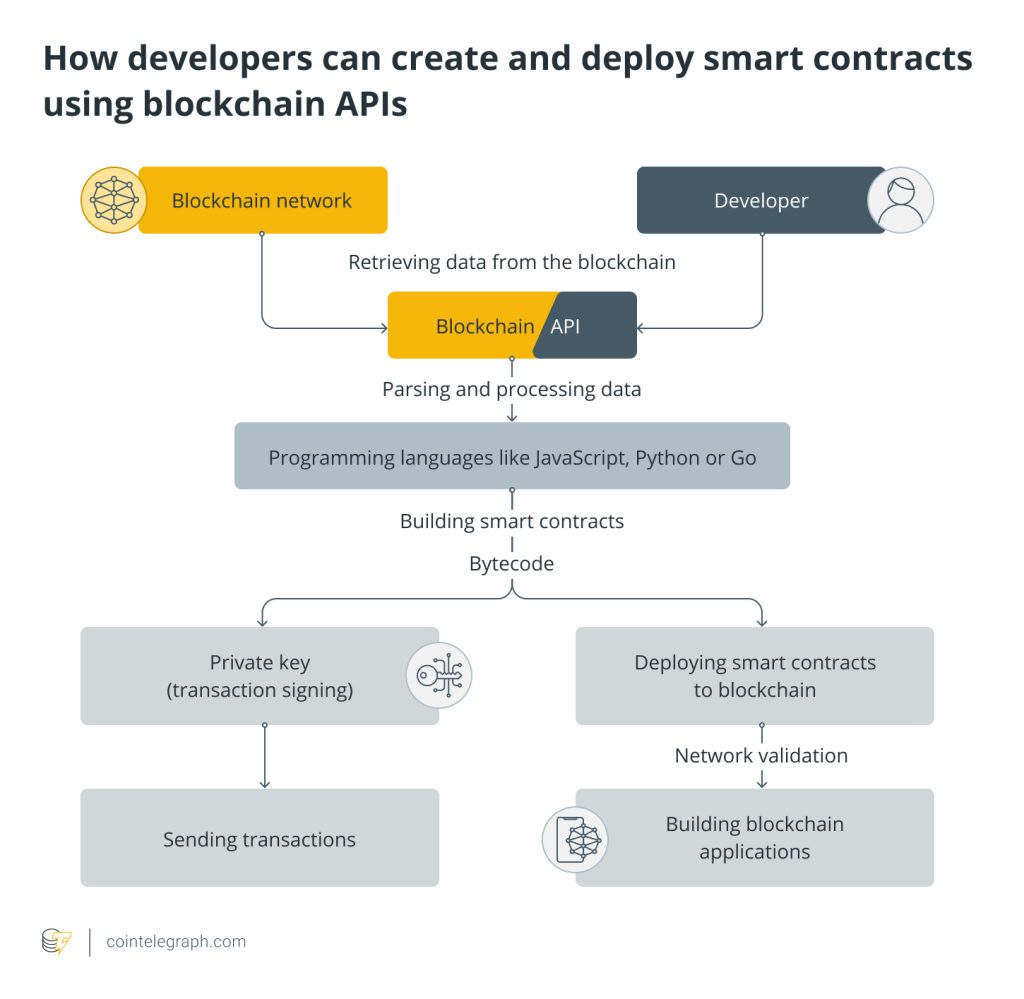
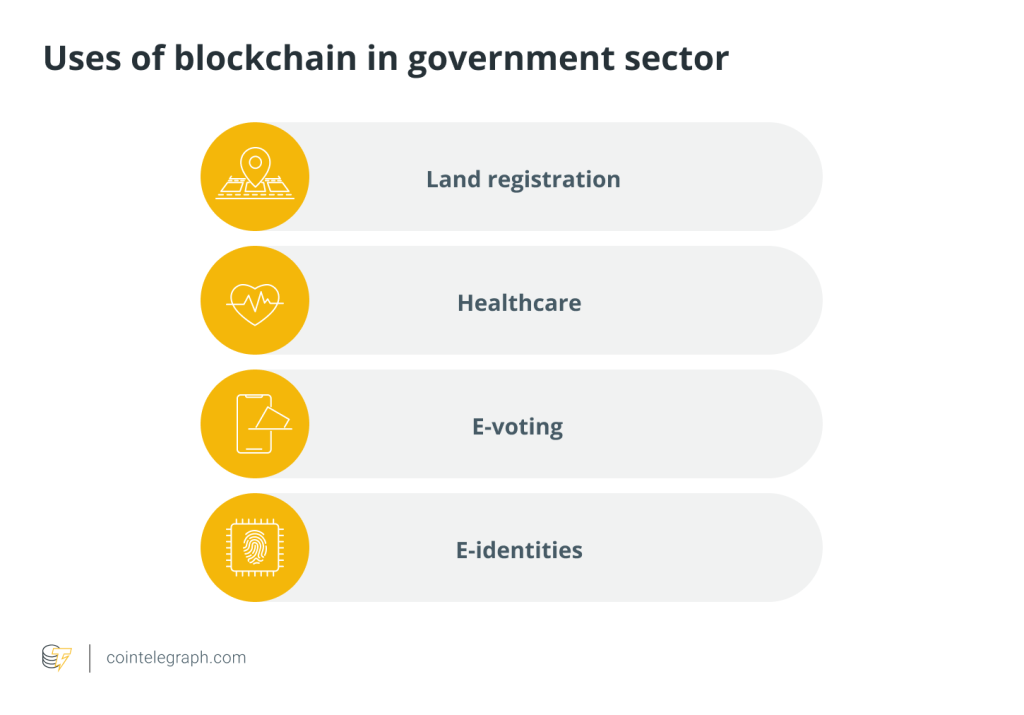
Responses